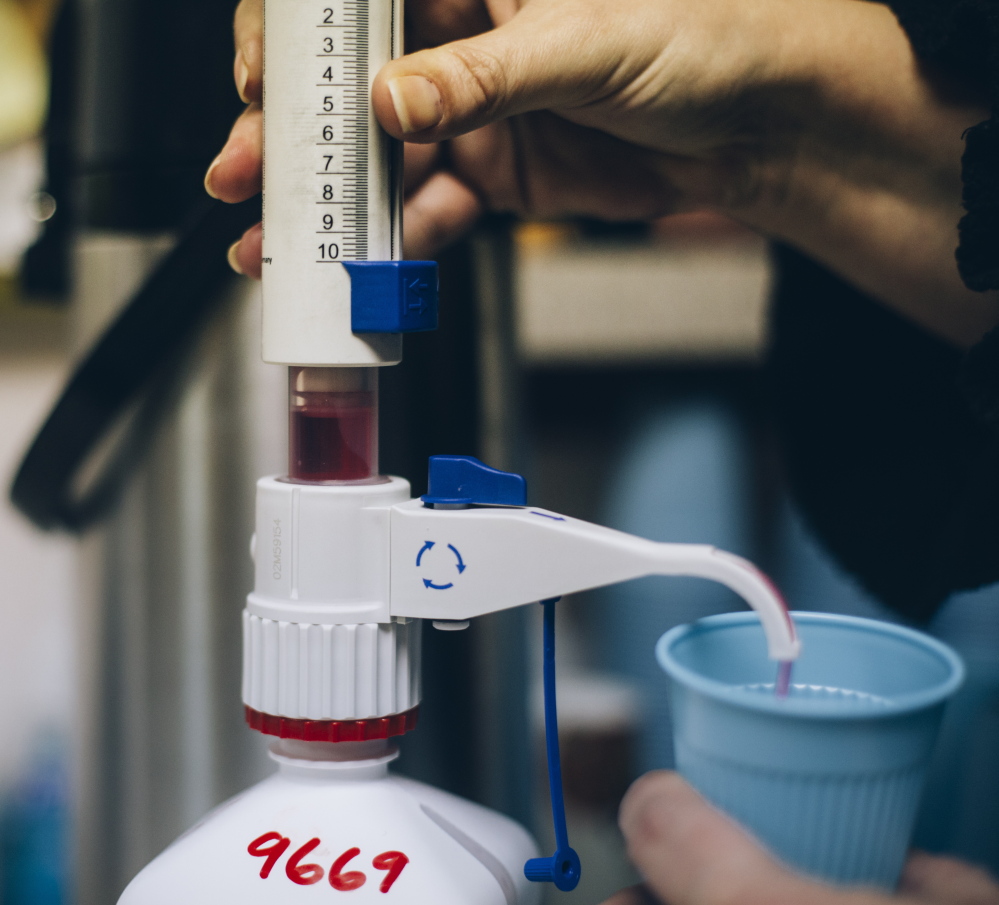WATERVILLE — In Gloucester, Massachusetts, a police-initiated program to address opiate addiction has been announced, with the aim of saving lives and getting addicts into treatment. The program allows heroin, oxycodone and morphine users to turn in their drugs and paraphernalia without risking arrest, in exchange for getting into treatment immediately.
As a psychiatrist who has treated mental health and substance abuse patients for nearly four decades, I applaud this innovative decriminalization of drug use as an inducement to enter treatment. But as a native Mainer who has practiced in my home state for 36 of those years, I believe we must do better.
METHADONE THERAPY’S DARK SIDE
Years of research have demonstrated that treatment programs for opiate addiction are almost certain to fail if they do not include long-term opiate maintenance therapy, usually with methadone or suboxone. This approach – called “harm reduction” treatment – is the essence of the Massachusetts program cited above.
Patients receiving maintenance therapy for opiate addiction are seen regularly by physicians and counselors, with treatment contracts discussed and signed. Because of concerns about diversion or abuse, guidelines suggest that users be subject to random urine drug screens and pill counts.
The resulting transformation of the physician into nanny or corrections officer contributes to the reluctance or even principled refusal of many doctors to seek the required federal prescribing waiver. Worse yet, consider what indignity befalls the patient.
Often, opiate maintenance therapy is performed by chronic pain specialists – a curious practice, except in the case of terminal illness, because long-term opiate use actually has a deleterious effect by lowering the pain threshold. Even when treating chronic pain, best practice dictates pill counts and urine screening.
Some patients become dependent on opiate maintenance therapy, only to be dismissed from treatment because of an abnormal urine test, perhaps detecting cannabinoids.
Most relapse, seeking available street alternatives. This is particularly problematic in chronic pain, one condition for which medical marijuana has evidence-based value and may actually reduce opiate use.
ROLE OF INSURANCE
Opiate withdrawal is undeniably a miserable, literally gut-wrenching experience. Yet opiate withdrawal does not meet standard medical insurance criteria for inpatient care. The Gloucester initiative, in fact, often bypasses the hospital and emergency department completely, admitting the patient to outpatient programs.
Contrast harm reduction opiate maintenance therapy with society’s (and medicine’s) treatment of another deadly but legal addiction: namely, alcohol.
Persons who use alcohol are free to consume whatever they wish, and responsible for the consequences.
Alcohol withdrawal often must be medically supervised, and medical insurance covers inpatient care – one out of every six persons undergoing delirium tremens will die if untreated.
Importantly, however, there is no need for alcohol “maintenance treatment.” Alcohol (regulated, quality-controlled, taxed and sold at every price point) is available at your local supermarket or other retail establishment.
Physicians are replaced by store clerks and bartenders as dispensers, and there are no humiliating urine tests to which the customer must submit. There is no restriction on what other recreational substance one may have consumed, and no fear of arrest or incarceration unless one behaves badly under the influence.
TREAT IT LIKE ALCOHOL
The time has come for us to terminate this longstanding and irrational prohibition on opiates and marijuana.
Let us legalize, regulate, tax and oversee quality control of methadone and suboxone. Ditto for heroin, which was marketed in 1908 by Bayer Pharmaceuticals as a non-addictive substitute for opium.
Submit cannabis to the same process. Prescriptions and users’ certificates create conflicts between local and federal statutes, potentially jeopardizing consumers and providers alike.
Moreover, the Journal of the American Medical Association recently published an international study seriously calling into question the scientific basis for almost all purported benefits of “medical marijuana,” the half-baked policy that can only be seen as a steppingstone to legal recreational use.
Legalization will not solve all the problems associated with opiate and marijuana use, any more than the repeal of Prohibition solved all the problems related to alcohol use. It will no doubt create new ones.
But legalization will stop this irrational, patronizing and destructive “enabling” in which we as a society and as a profession remain stuck.
It will provide funding to educate about the real dangers and side effects of opiates and marijuana, and to counter the pharmaceutical company propaganda that perpetuates the drugs’ overvaluation and misuse.
It will reduce drug-associated crimes and reduce prison overcrowding.
Legalization will present a significant benefit to the American psyche. Dirigamus.
Send questions/comments to the editors.



Success. Please wait for the page to reload. If the page does not reload within 5 seconds, please refresh the page.
Enter your email and password to access comments.
Hi, to comment on stories you must . This profile is in addition to your subscription and website login.
Already have a commenting profile? .
Invalid username/password.
Please check your email to confirm and complete your registration.
Only subscribers are eligible to post comments. Please subscribe or login first for digital access. Here’s why.
Use the form below to reset your password. When you've submitted your account email, we will send an email with a reset code.